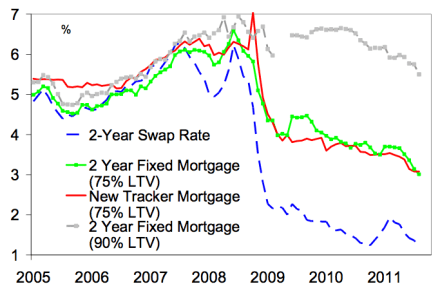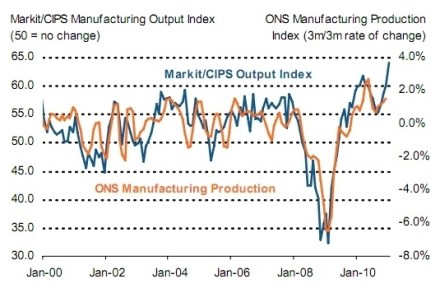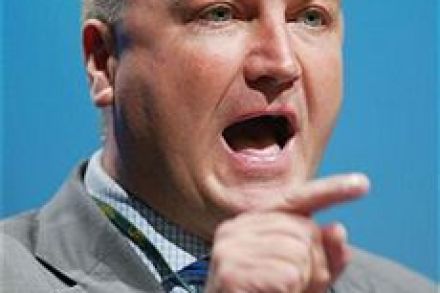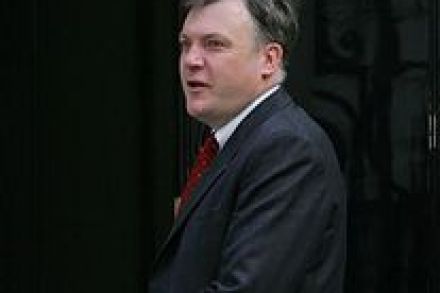Time for the QE gamble, again
It’s time to warm up the printing presses. When growth evaporates and governments feel politically unable to cut spending or raise taxes, there’s only one tool left: printing more money. We can expect more of it soon. As James says today, Osborne believes he has created the conditions where the Bank of England can do some more Quantitative Easing and it could start as early as next month; an unusual move, given how high inflation is. But the Bank is (as ever) forecasting a return to the 2 per cent target soon – and may now claim that economic weakness makes an undershoot likely. And so (the logic will run)
































